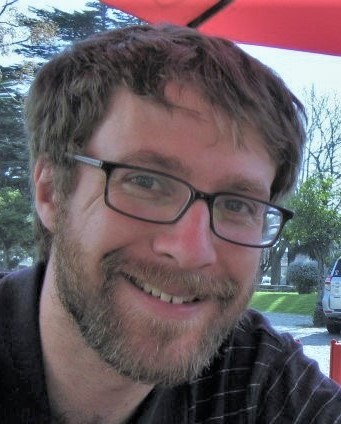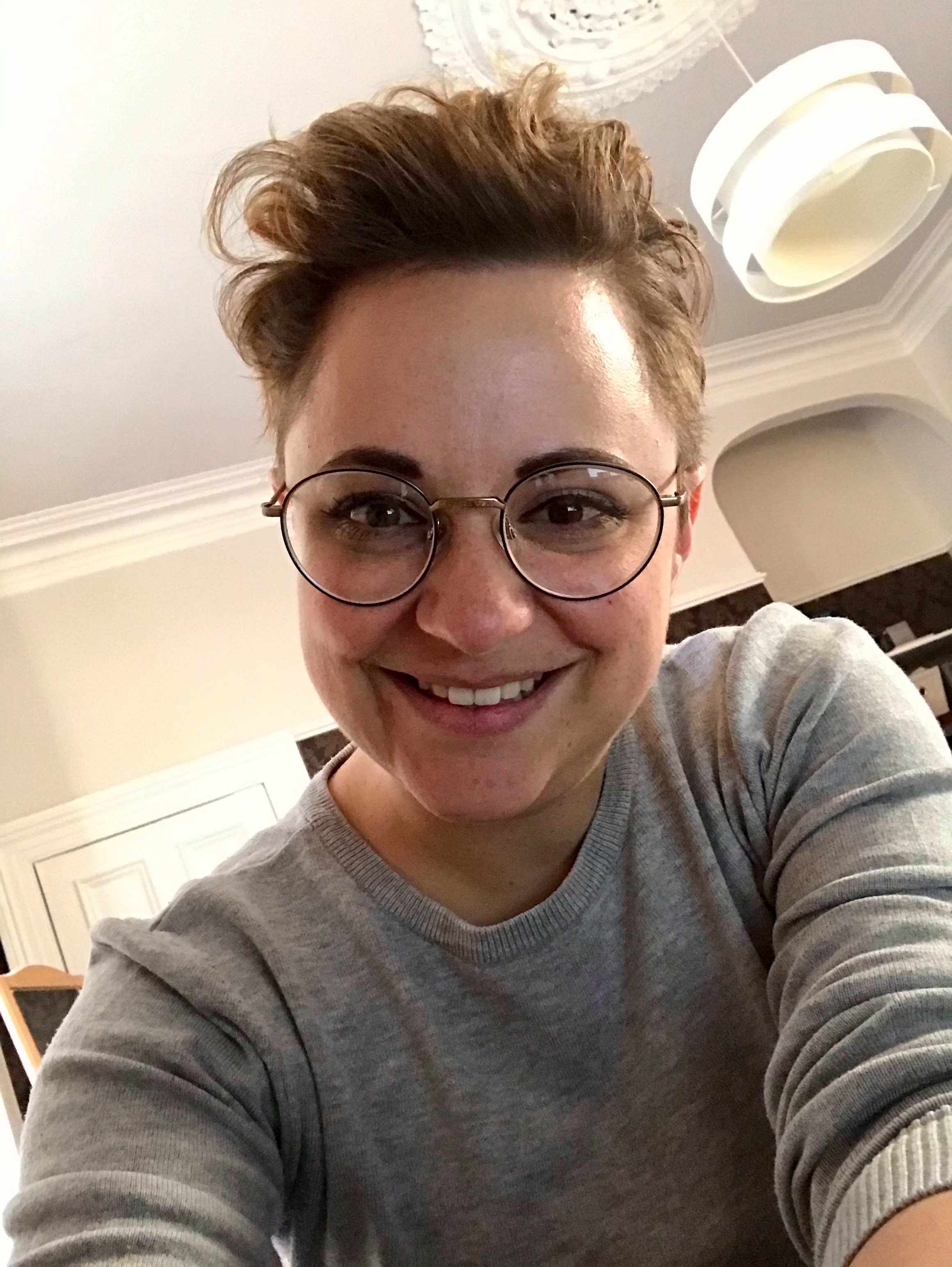Authors and Acknowledgements
Contents
Authors and Acknowledgements#
Contributors#
We would like to thank the following people for their contributions: Emily Giverts (who made the first version of the programming exercises) and Kristen Thayer (for programming ideas, explanations, and analogies)
Feedback and insights:#
We would like to thank the following people for their feedback and insights: Anna Lauren Hoffmann and Professor Annie Searle.
Image and Materials Attributions (placeholder)#
Logo phone image is from pixabay
Land Acknowledgement#
We want to respectfully acknowledge that the land on which we did the majority of this work is the traditional home of the Coast Salish people, the traditional home of all tribes and bands within the Duwamish, Suquamish, Tulalip and Muckleshoot nations. This land was taken from these tribes mainly by means of conquest and the rule of force rather than through legal process or transfer of ownership based on free will of all involved. We cannot undo the past; however, we feel obliged to acknowledge wrongdoing and work to ensure the sovereignty of tribes today.


